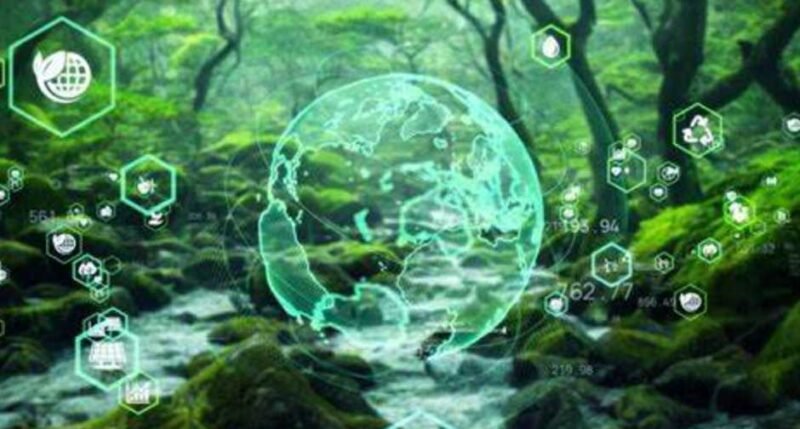
From climate change to resource depletion, as the planet faces mounting environmental challenges, clean technology is stepping in as a transformative force. No longer just an idealistic ambition, cleantech is now central to shaping how industries operate, cities grow, and future generations thrive. From energy production to waste reduction, innovations in this space are not only preserving natural ecosystems but also building a more resilient and equitable global economy.
What Is Clean Technology?
Clean technology (or cleantech) refers to products, processes, and services that reduce negative environmental impacts through energy efficiency, renewable resources, and pollution reduction. It spans sectors such as energy, transport, agriculture, manufacturing, and waste management. The goal is to meet current needs without compromising the ability of future generations to meet theirs.
But cleantech isn’t just about innovation; it’s about rethinking how we live, build, and consume.
Decarbonising Industry: A Turning Point
One of the most significant contributions of clean technology is its role in decarbonising traditionally high-emission industries like cement, steel, oil refining, and chemicals. These sectors have long been considered “hard to abate,” but recent advances in carbon capture and recovery are changing that narrative.
Today, carbon recovery companies are providing modular, cost-effective systems that capture carbon dioxide before it’s released into the atmosphere. This captured CO₂ can be stored or reused in other industrial processes, effectively reducing emissions without halting operations. It’s a practical solution that aligns economic growth with environmental responsibility.
Empowering the Energy Transition
Clean technology is also revolutionising how people generate and distribute energy. Solar, wind, and hydroelectric power continue to gain momentum, offering low-cost alternatives to fossil fuels. Coupled with advances in battery storage and smart grid systems, renewables are becoming more reliable and widely accessible.
This transition isn’t just about greener power; it’s about energy equity. Remote and underdeveloped regions are now able to access off-grid renewable energy, boosting education, healthcare, and economic opportunities for entire communities.
Cleaner Cities, Smarter Living
Urban environments are becoming testing grounds for clean technologies that improve air quality, manage waste, and reduce energy use. Smart transportation systems, electric public transit, and green building materials are just some of the innovations making cities more liveable and less polluting.
Green infrastructure, like rooftop gardens, permeable pavements, and urban forests, also plays a key role in managing climate risk and improving public health. These solutions cool cities, reduce flooding, and provide vital spaces for biodiversity and recreation.
Clean Agriculture and Water Systems
Sustainable agriculture is another vital area where clean technology is making headway. Precision farming tools help farmers use water, fertilisers, and pesticides more efficiently. Vertical farms and hydroponic systems reduce land use while maximising crop yields. Meanwhile, clean water technologies such as advanced filtration and desalination are ensuring safe and sustainable water access in drought-prone regions.
These innovations not only protect vital ecosystems but also help secure the food and water resources that future generations will depend on.
Inspiring a Culture of Innovation and Responsibility
Perhaps the most important impact of clean technology is cultural. It’s inspiring a new wave of entrepreneurship, education, and public policy focused on sustainability. Schools are integrating environmental literacy, startups are rethinking the life cycle of products, and governments are offering incentives for cleaner, greener practices.
This cultural shift is empowering individuals and institutions to act, not just out of necessity, but with purpose. And that purpose is increasingly focused on leaving the planet in better shape for future generations.
Looking Ahead
The technologies reshaping our world today are planting seeds for a better tomorrow. Through collaboration among governments, industry leaders, and carbon recovery companies, we are witnessing a collective movement toward sustainable growth. It’s a transformation that doesn’t just promise cleaner air or lower emissions; it promises opportunity, resilience, and hope.
For future generations, clean technology is more than a trend. It’s the blueprint for a world that’s smarter, more just, and deeply committed to the well-being of people and the planet alike.









